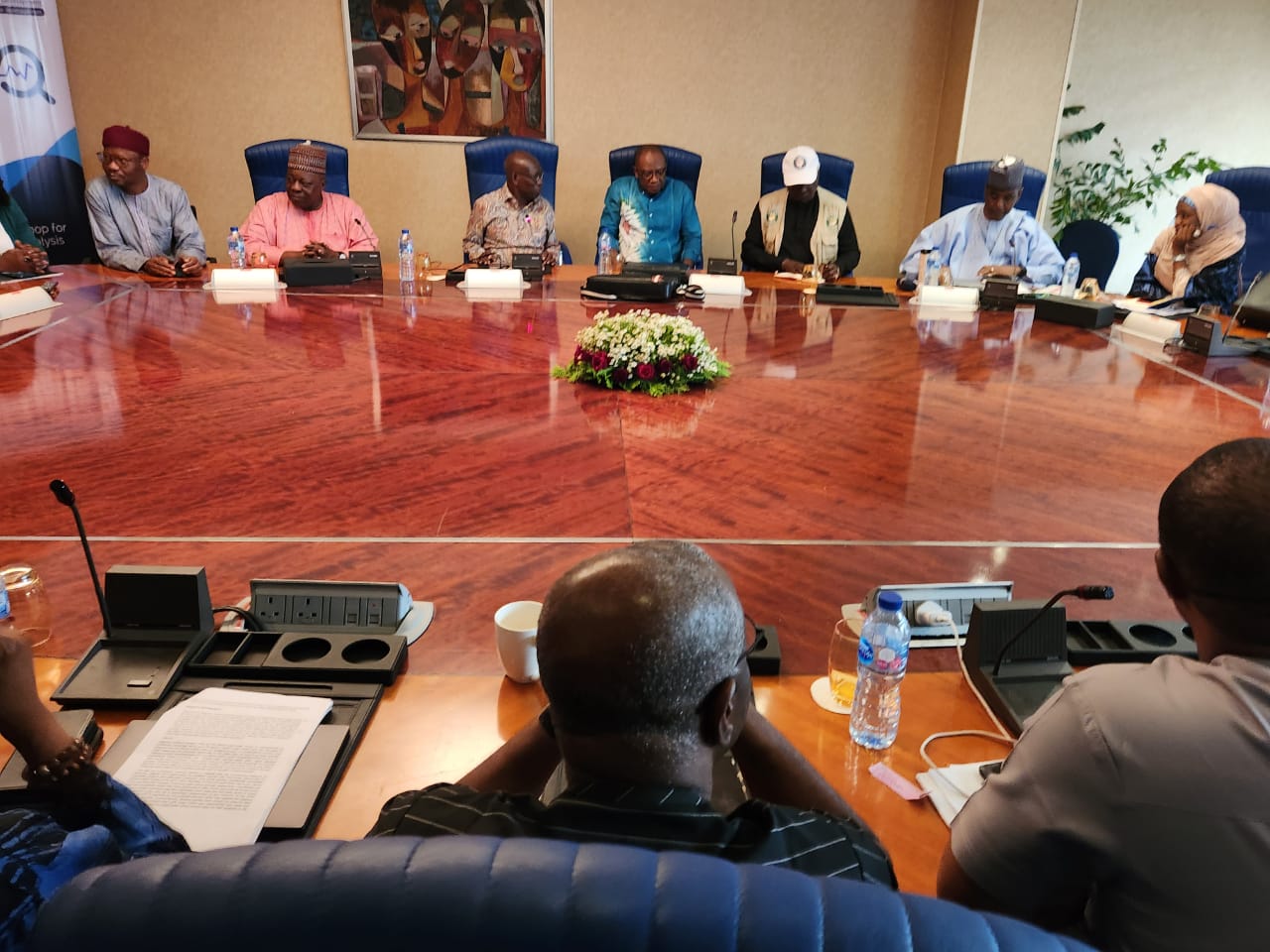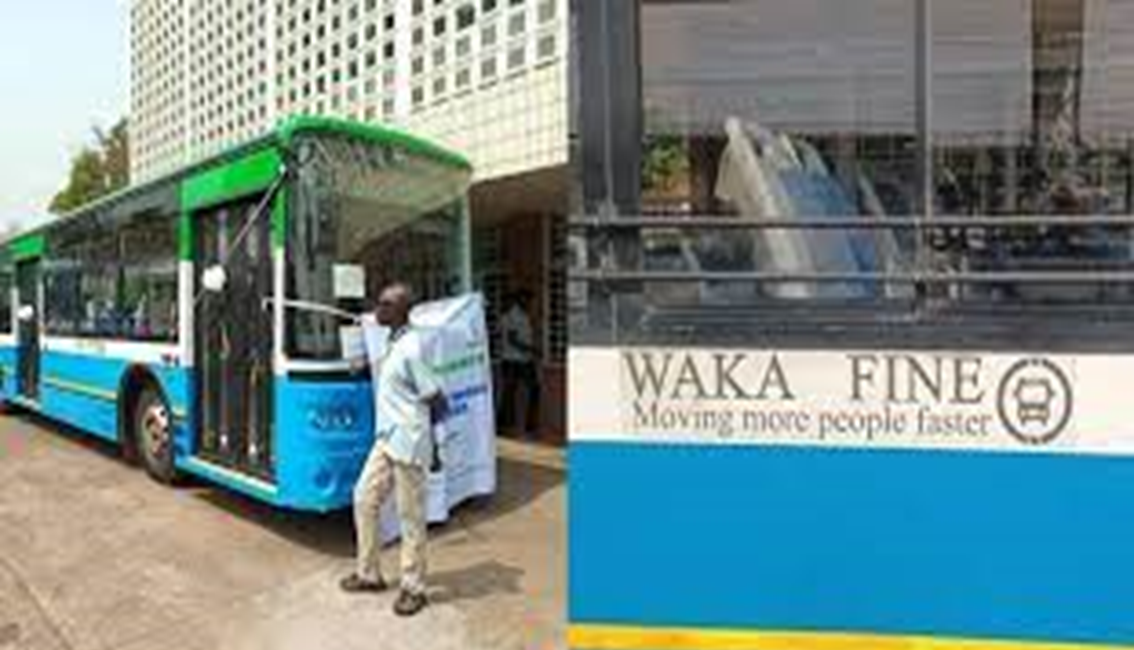By Sheriff Mahmud Ismail
Abuja – February 24, 2023
Hosted at the Elections Analysis Centre of the Centre for Democracy and Development (CDD), a high profiled delegation of academics and a coalition of civil society in Nigeria have shared their perspectives on the electoral process with the head of the ECOWAS Elections Observer Mission, former President Ernest Bai Koroma.
Opening the discussion, the ECOWAS HoM reminded his audience that ECOWAS was experiencing a backslide in democracy and good governance. He reiterated that among the fundamental issues attributed to this awkwardness was the conduct of elections. He stated that ECOWAS was obliged under Article 12 of the ECOWAS Protocol on Good Governance and Democracy to participate in assessing how the conduct of these elections, onto the declaration of results, adhere to the Nigerian legal framework and international best practice.
He recalled the engagements his delegation has had so far and the concerns and general assessments they have received. The HoM also informed of the planned joint statement by the heads of the international elections observer missions.
Touching on the goodwill statements coming from the United Nations, the US Secretary of State and by the President of the US President, former president Koroma said the the world is looking at Nigeria and that it’s imperative that the process be free, fair, credible and outcome be acceptable.
Concluding, the ECOWAS HoM, informed that after the polls on Saturday, the ECOWAS mission shall transition from observing to ‘Preventive Diplomacy’ to help usher a smooth and peaceful transition.
Professor Gibril Ibrahim, CDD analyst, said they have identified five key concerns which they called the Five Is
The first of these was ‘Identification Politics’ which relates to the mobilization of political party support based on tribal/ethnic affiliation. He however stated that this phenomenon is no longer as potently dangerous as it was in the previous elections.
The second I relates to ‘Insecurity’ which has caused the mobilization of vigilante groups to protect themselves especially in places where polling centers are far from communities.
The third I deals with ‘Institutions’ involved in elections. He concurred that INEC has been focused and has been significantly strengthened following the enactment of the 2002 Electoral ACT.
Prof Ibrahim also said that the Institutions relating to Security have showed more neutrality and professionalism. However, the Nigerian Civil Society is very concerned about the Third I which they described as ‘Information Disorder’. They made specific reference to the twin evils of misinformation and disinformation. They attributed these particularly to the rise in fake/dangerous news on social media. He said social media was now setting the agenda and that unfortunately, rather than serving as filters, traditional media appeared to be authenticating social content inorder to remain relevant.
‘Intra-party Squabbles’ was the fourth concern which Prof Ibrahim said was more intensive than squabbles between parties. He said it’s disturbing that leaders of political parties could fight each other with such fierceness. He believed that such squabbles do not show leadership and called on the electorate to look at the character of the individual candidates who demonstrate stronger attributes and capacity to lead the nation.
On a question relating to the acceptability of results by supporters of a certain political party, Professor Okechukwu Ibeanu, another CDD analyst said it was not possible to determine who is going to emerge as winner of these elections. “These are the most open, inclusive and every one of the four leading candidates could emerge as winner,” he said. Prof Ibeanu therefore urged that everyone should go into the polls without any preconvictions until the elections results were official announced.
The CDD analyst also confirmed that INEC has grown tremendously in its competence, professionalism, capacity in planning and strategic focus. However, he expressed concern that political interference appears to becoming visible in terms appointments of Commissioner.
Dr Mohamed Ibn Chambas, representing the West African Elders Forum (WAEF), recalled their Pre-election Preventive Diplomacy Mission, saying they left Abuja assured of a successful election conduct and outcome. He said he’s still positive about this perspective.














